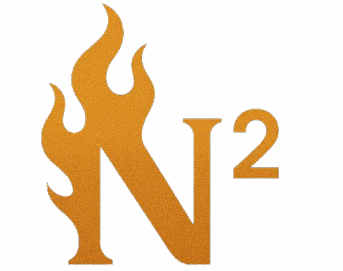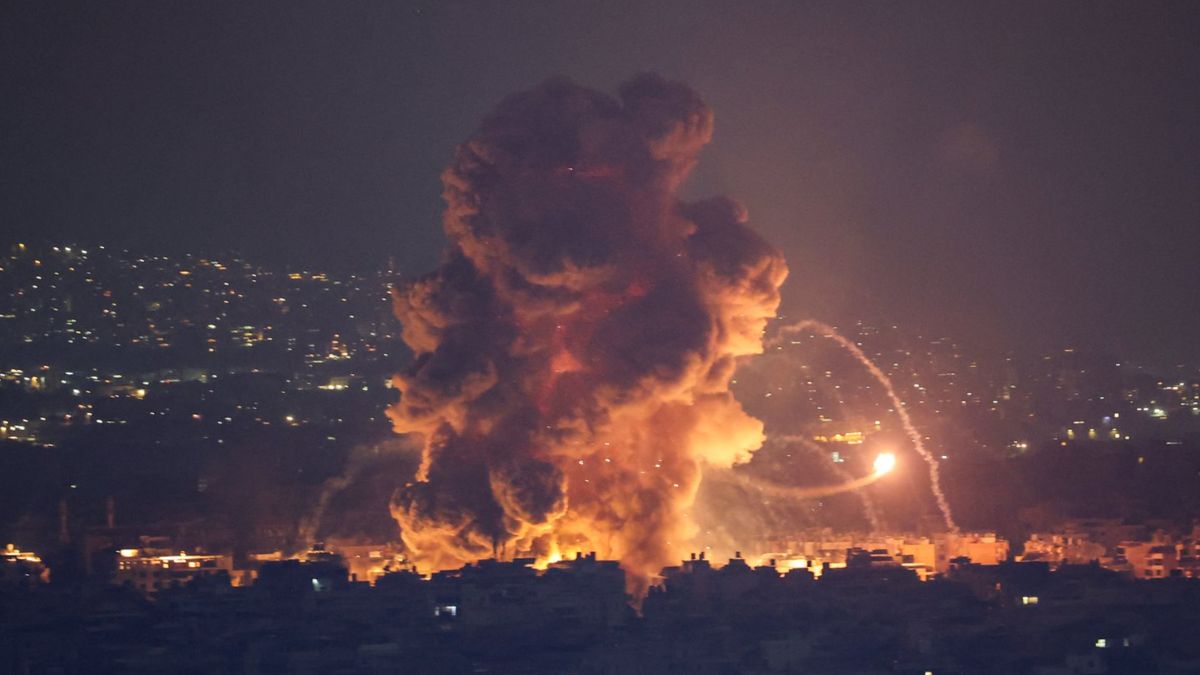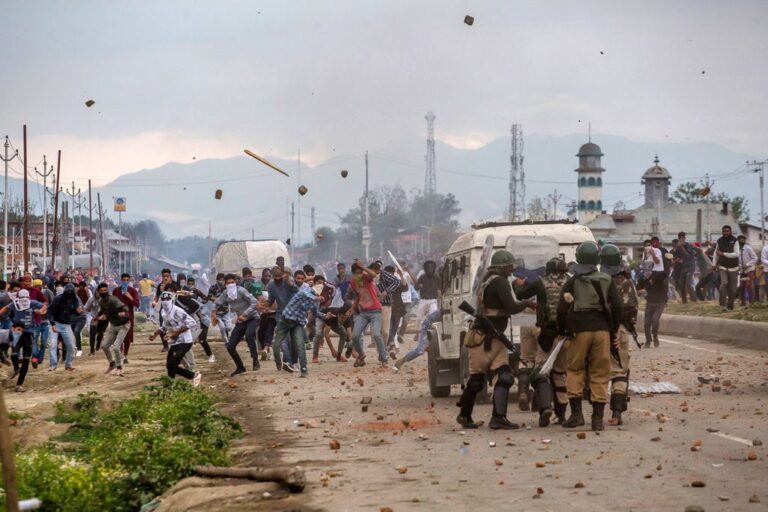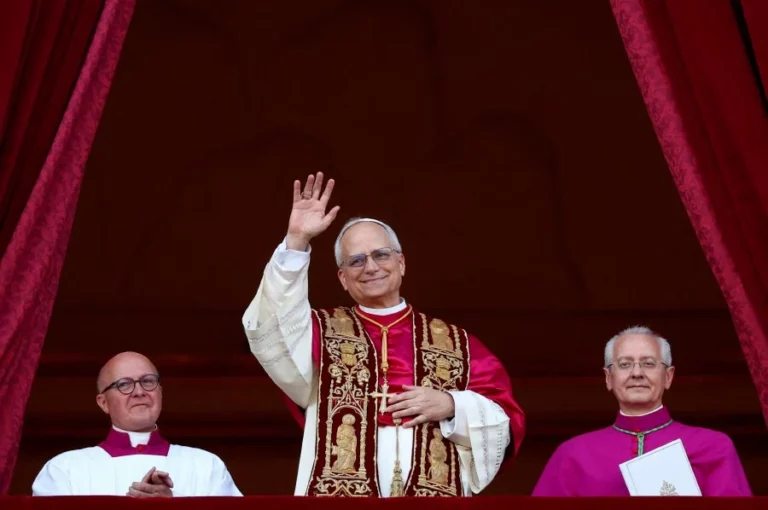Heavy airstrikes signal rising instability along Israeli-Lebanese border as ceasefire violations spark renewed clashes.
Heavy Bombardment Marks Major Escalation
On Thursday, Israel launched one of its heaviest airstrikes in southern Lebanon since last year’s ceasefire. The military targeted Hezbollah infrastructure sites, escalating tensions in the region. The U.S.-brokered truce had held an uneasy calm until now.
Thick smoke blanketed the hills near Nabatieh, around 12 kilometers from the Israeli border. According to Lebanon’s Ministry of Health, the strikes killed one person and injured eight others.
Ceasefire Breach Claims and Military Responses
Israel said the attacks were a response to Hezbollah’s alleged ceasefire violations. Hezbollah has not responded officially. However, its leaders previously stated they had withdrawn forces from the south, as required by the agreement.
For months, Israel has launched intermittent strikes in the area. These included attacks on Hezbollah-controlled suburbs near Beirut. Under the ceasefire deal, Hezbollah and other armed groups were banned from operating south of the Litani River. In return, Israel was expected to pull troops from southern positions and let the Lebanese army control the border.
Both Sides Accuse Each Other
Despite the agreement, both countries claim the other failed to meet key terms. Israel still holds five southern hilltop positions. Meanwhile, militants fired rockets into Israeli territory on two occasions. Hezbollah denied any role in those attacks.
Hezbollah and Lebanese Authorities Respond
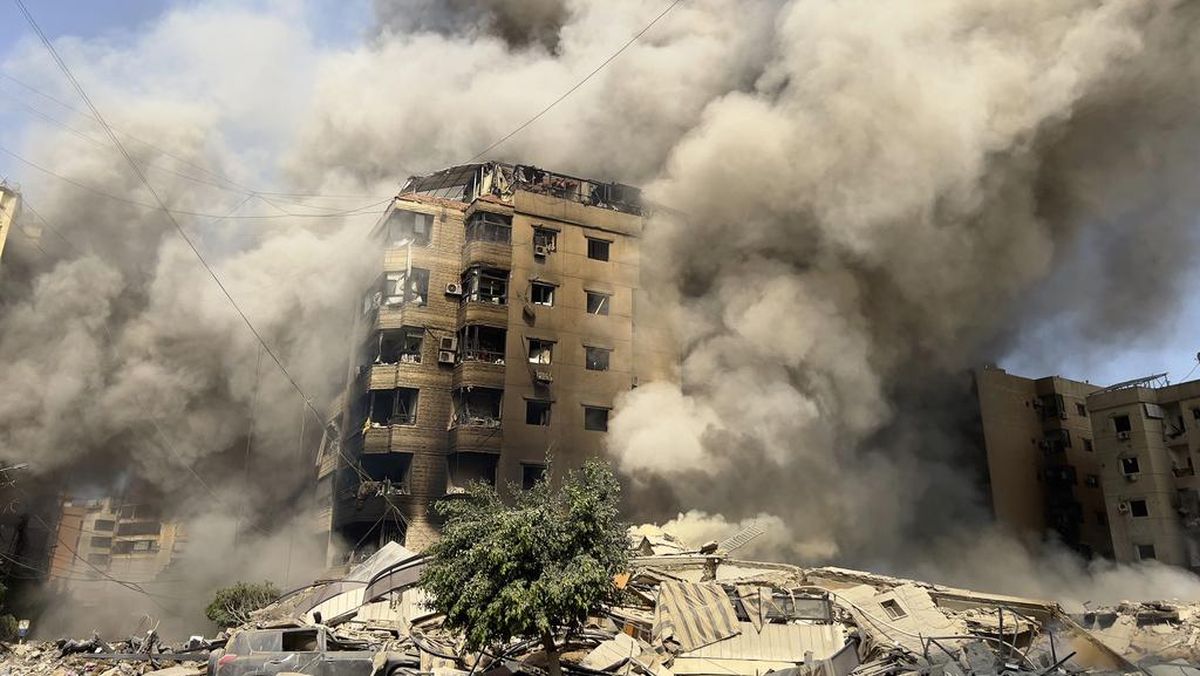
Hezbollah’s deputy leader, Sheikh Naim Qassem, insisted the group no longer keeps weapons in the south. He reaffirmed their commitment to the ceasefire terms.
Lebanese authorities arrested several Palestinian militants accused of launching the recent rocket attacks. These incidents provoked Israeli retaliation in southern Beirut, a known Hezbollah stronghold.
Aftermath of the Last War
The previous conflict killed thousands of Hezbollah fighters and destroyed much of their arsenal. Israel also claimed it eliminated several of the group’s top commanders, including long-time leader Hassan Nasrallah. Hezbollah has not confirmed this claim.
Tensions Continue to Rise
The latest conflict reignited after Hezbollah expressed support for Palestinians at the start of the Gaza war. That move triggered hostilities along the Lebanese-Israeli border.
For now, the region braces for more violence as diplomatic efforts fail to restore calm.
